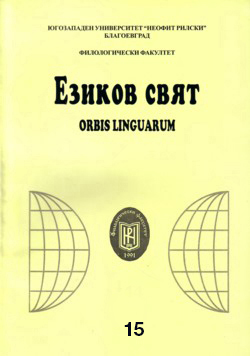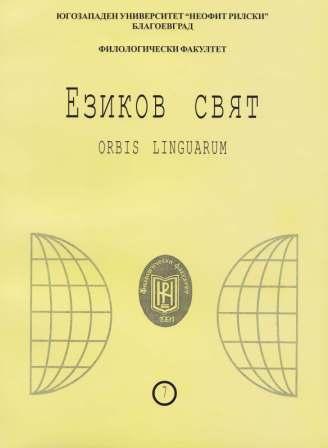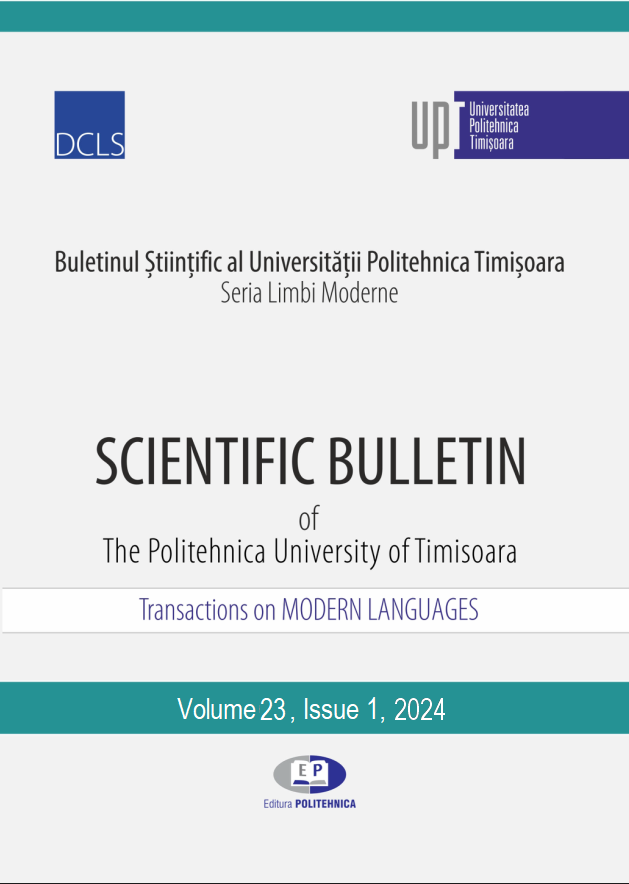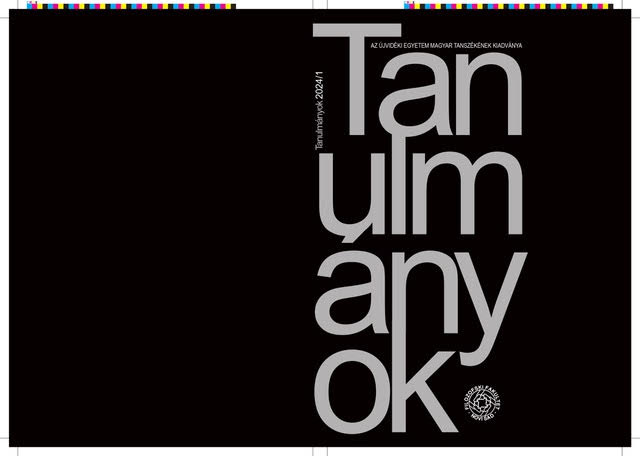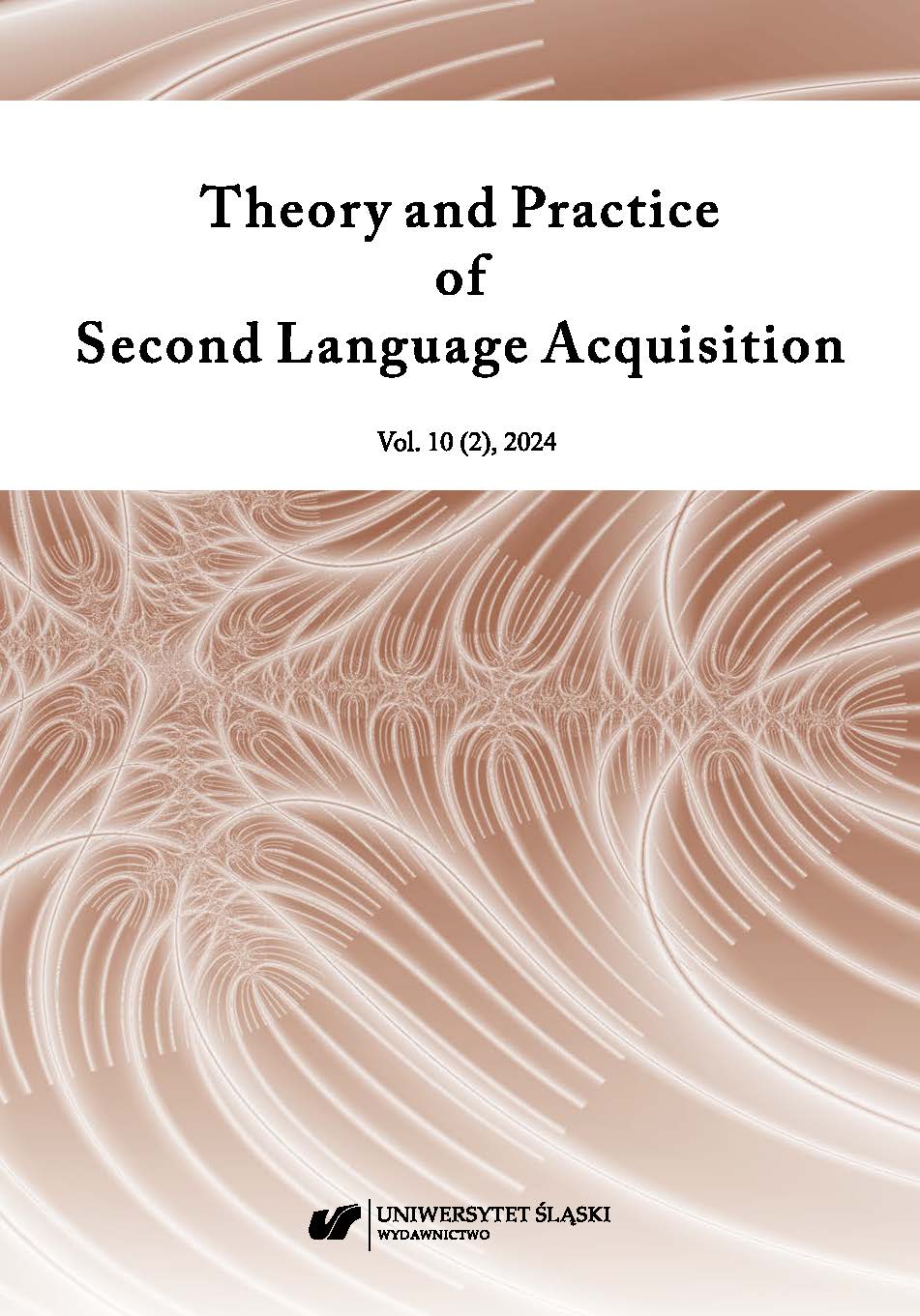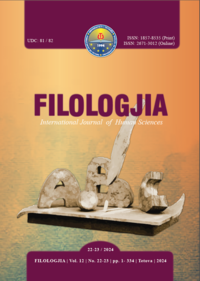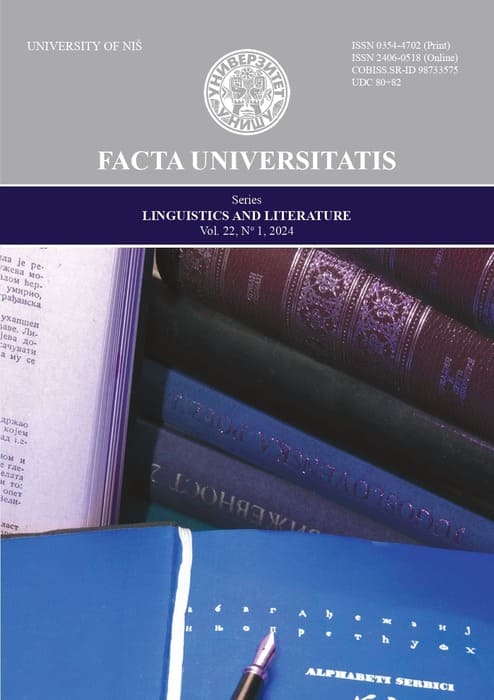Author(s): Arbresha Zenki-Dalipi / Language(s): Albanian,English
Issue: 22-23/2024
Reading as a complex process is presented as an important factor for the proper organization of the general activity of the individual, and especially for his intellectual development. As a rather complicated activity, reading includes different psychological, social-ecological, as well as physical viewpoints. This "hitting" of the alphabetic code to determine the words and the construction of meaning from them, in an organized and systematized form, begins to develop in the first developmental cycle. From the phonetic awareness that helps to decode the word, students create a "visual dictionary". This visual image facilitates "seeing" and matching words to create meaning. Similar to the teaching of the spoken language that is presented as a complete form, and not with analysis and synthesis, the graphic representation of the read word is visualized in consciousness as an image, during which the meaning of the word also appears reflexively. Given that 65% of the population are visual learners, today the use of the whole word method is an unpretentious necessity. The whole word method stems from the premise that students living in this century are surrounded by technology and are in constant contact with written material. The basic unit of reading is the word, the graphic image of which is transmitted as a picture, so television announcements, computers, food labels, street advertising, and books are great causes and triggers of early literacy. Internet providers use the universality of symbols to make reading easy for everyone, including children who are in constant contact with this medium. Technology gives them the ability to read without knowing the letters, so they show awareness of the displayed symbols through computer tools. Although the Albanian language has a morphological structure and phonetic spelling, the use of this alternative model of reading is encountered more and more in school practice every day due to the need and many benefits which will be elaborated below in the paper. 50 children aged 6 years with different demographic characteristics were checked. The same approach is the checking of the skill to read words with the whole word and phonological method. The obtained results were processed with the t-test statistical method, results which allowed the findings presented which show a very pronounced difference.
More...
